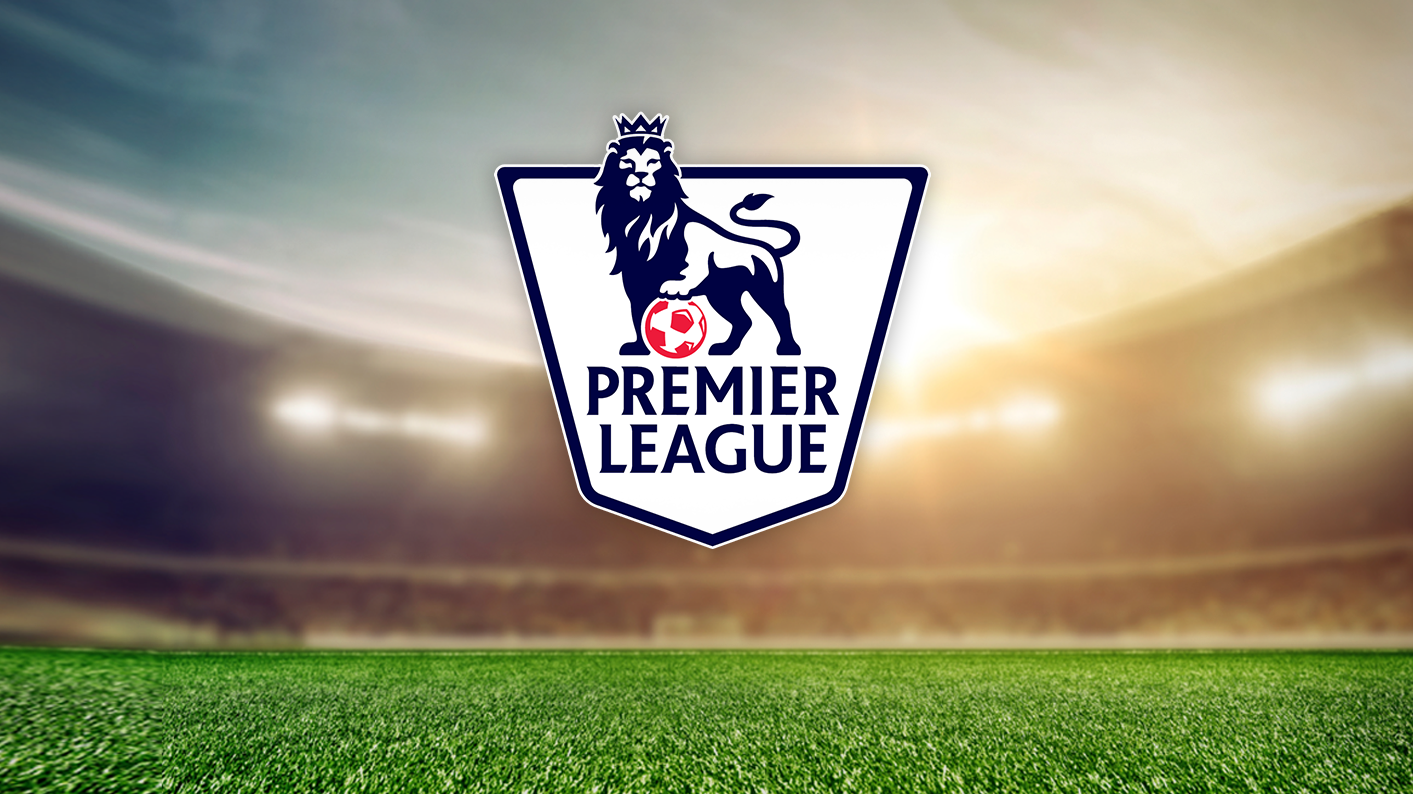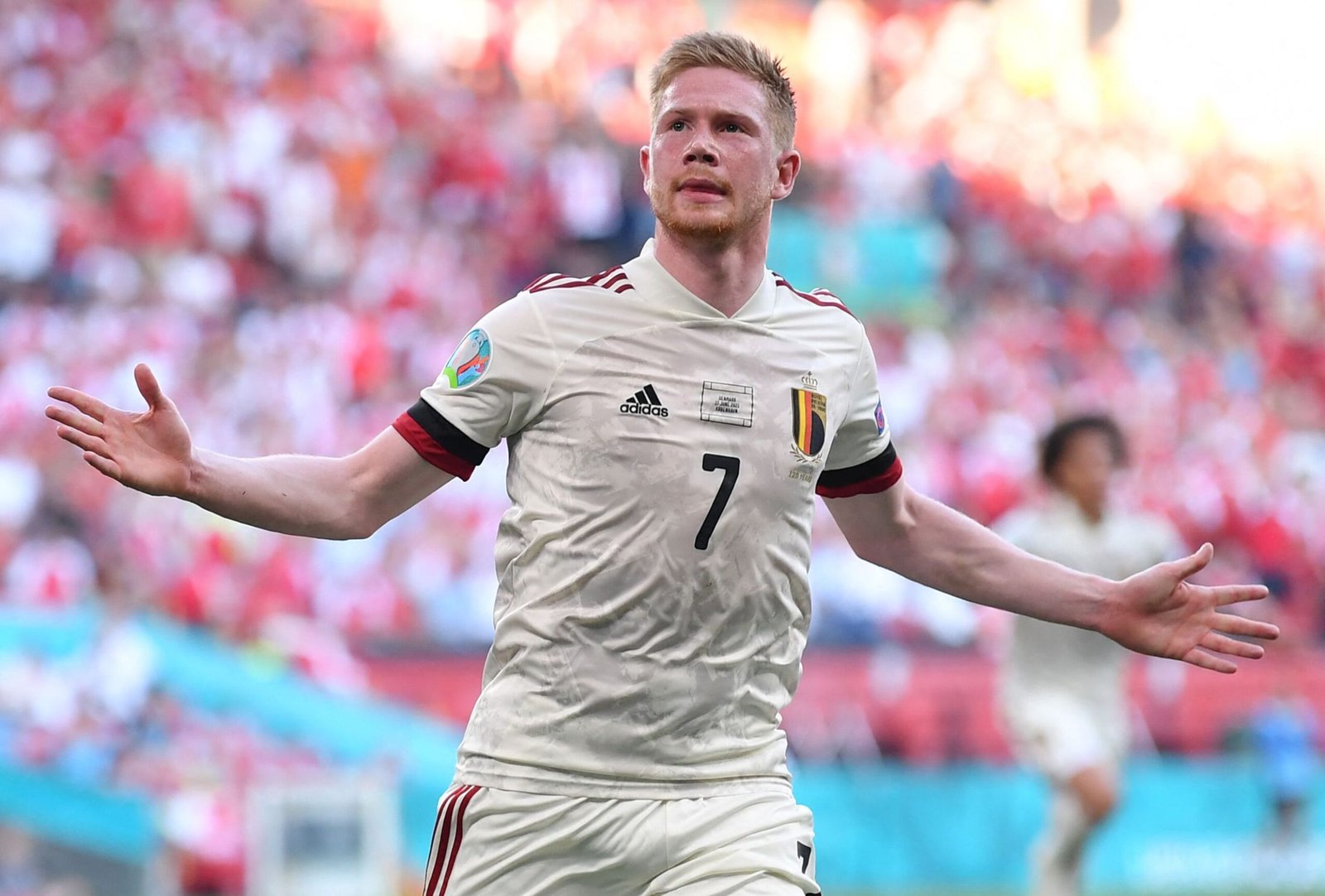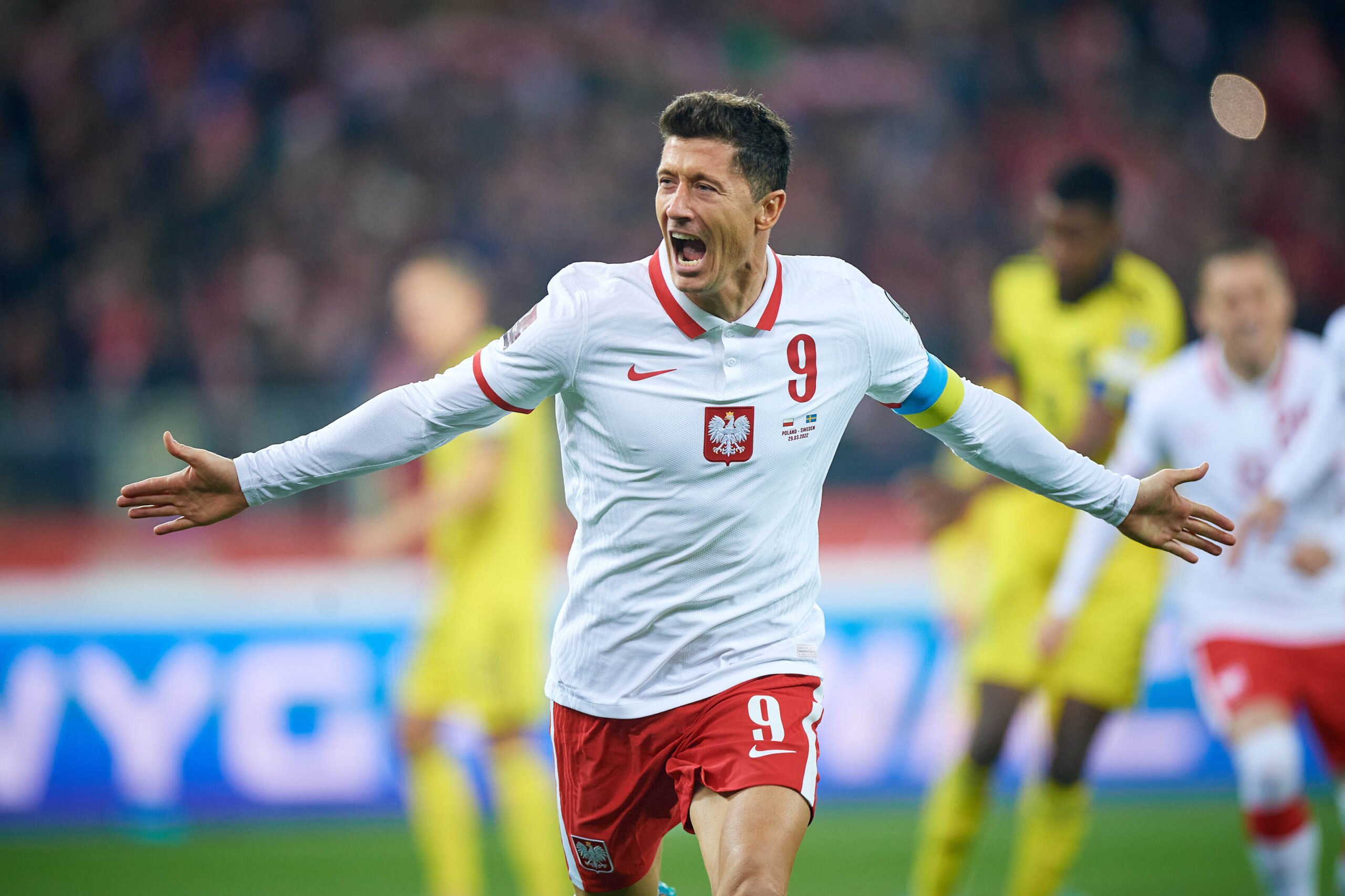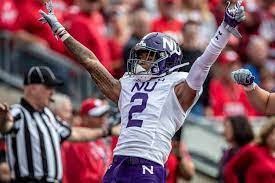In recent years, football associations, leagues, and players have put much more attention on protecting players’ health, especially around head injuries and concussions.
The Premier League is no different, with new concussion protocols that look to prevent recurring concussions and long-term brain damage. While there’s some certainty set in stone from FIFA on down, the concussion protocols differ from league to league as football associations iron out the best rules to protect player health.
With the changing nature of the rules, many fans are not fully up-to-date on the latest rules and what impact they can have on Premier League results. Below, we explain the latest rules and then some of the previous rules and foundations on which they are built.
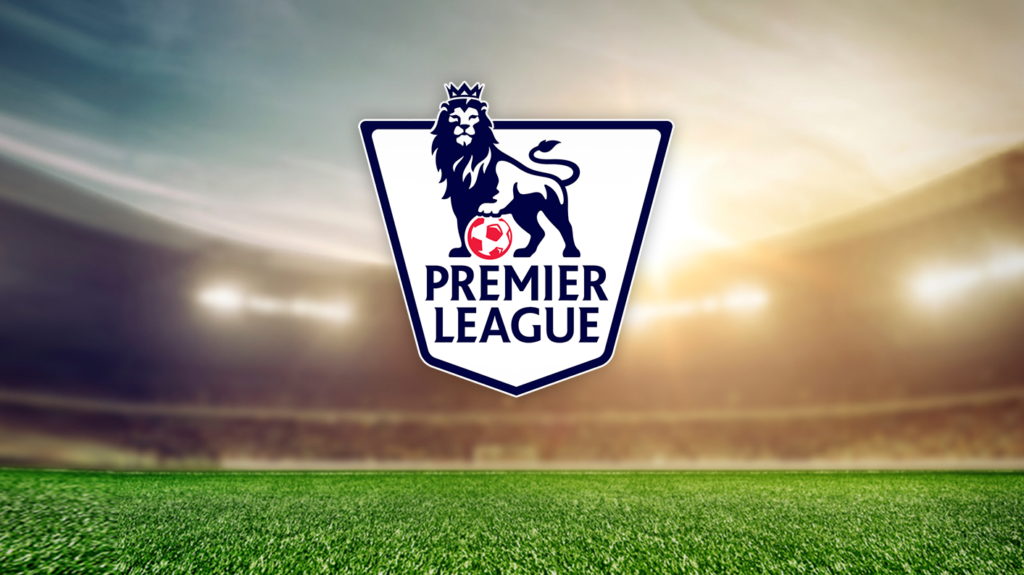
Concussion Substitutions
The latest change to the Premier League’s concussion protocol is the addition of concussion substitutes, which made them the first league in the world to introduce the concept.
If a player is suspected of having a concussion, they will be subbed out of the game. Rather than counting against one of the team’s normal three substitutions, each team will be granted two additional “concussion substitutions.
But to ensure fairness and that one side is not allowed to have more fresh players on the pitch, an additional substitution will also be given to the other team. So, in the event of two suspected concussion injuries on each team, both teams could use seven substitutions.
To determine if a player needs to be substituted under the new concussion protocol, both a doctor and their team assess the player on the pitch, and the injury is reviewed by another doctor. If both doctors decide there is no suspected concussion or head injury, the player will still go under a full evaluation at half time or full time.
Previous Rules
The Premier League and other top football competitions have seen their fair share of controversy around the issue of concussions and head injuries. High-profile cases like Hugo Lloris and Jan Vertonghen in the Premier League and Germany’s Christoph Kramer at the 2014 World Cup Final have been catalysts for big changes in top-flight football.
FIFA announced that the Club World Cup will follow the Premier League’s path and allow one concussion substitute per team. While FIFA’s guidelines are strict, they say a player should not be allowed to play for a whole day if they are knocked unconscious. Players and managers often opted to allow players to keep playing rather than play with a man down.
Previously in the Premier League, teams had tunnel doctors reviewing each potential concussion incident, but ultimately the final call rested with the club doctor, who assessed the player on the pitch. Under this protocol, the Premier League still saw high-profile incidents where players played on after questionable collisions. The accidental clash between David Luiz and Raúl Jiménez, which left Jiménez with a fractured skull, resulted in Luiz playing for the rest of the half.
Now, Premier League fans will see more substitutions, and Premier League clubs and players should have better guidelines to follow that will protect player health and ensure a team is not penalized for removing a player with a head injury.

